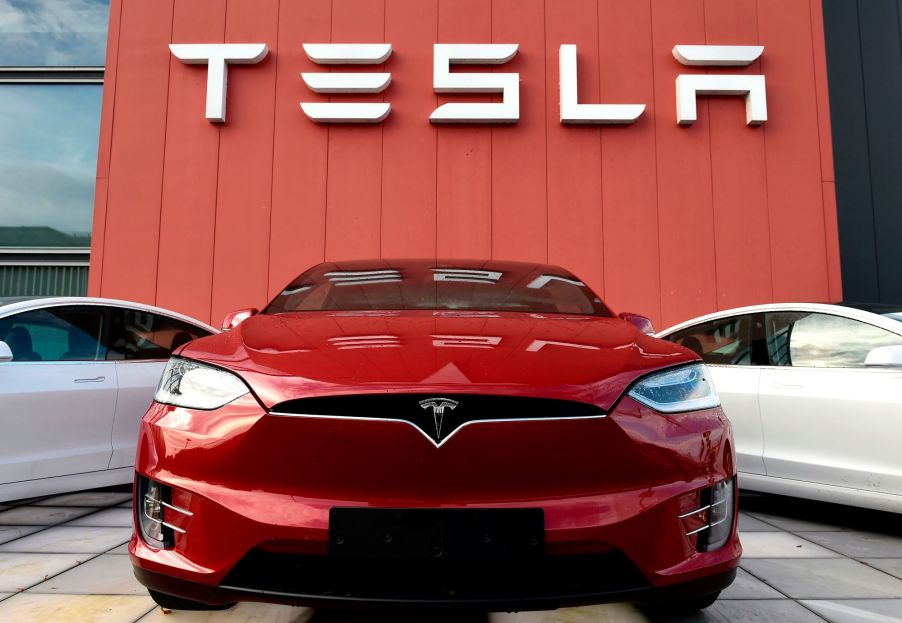
How Much Battery Loss Is Too Much According to Tesla’s Warranty?
EVs like the Tesla Model 3, Lucid Air, Kia EV6, etc., are powered by lithium-ion batteries. It’s the same batteries found in your phone. Consequently, they are bound to exhibit similar behaviors, such as when your phone doesn’t hold power for as long as it used to when it was new. While this is also expected in electric vehicle batteries, there is such a thing as too much battery loss.
If battery capacity goes below a certain point too fast, the automaker will have to replace it as per the warranty. This also applies to Tesla, with the car manufacturer’s limit being 70%. However, before looking into the warranty details, here’s a brief look at why car battery health is important.
Common worries with EVs

One of the more common issues with EVs is range anxiety. Electric car owners and those looking to buy new EVs may have concerns that their vehicles don’t have enough battery capacity or range to get them to their destination. This is exacerbated by the lack of charging stations around the country. Plus, charging up an EV is not the same as filling up when it comes to gas. It does take more time.
According to Forbes, there are numerous charging stations in the eastern part of the U.S., thanks to multiple metro areas. However, the west is an entirely different matter. There is insufficient electrical infrastructure to support charging stations. As such, a road trip in an EV in the east might be possible. However, you may also get stranded in the west with no charging station in sight with severe range anxiety.
Another primary concern is the battery degrading. Kelley Blue Book asserts that this happens with all lithium-ion batteries; thus, your EV battery will become less efficient with each passing year resulting in reduced range.
Nevertheless, EVs with extended range, like the Tesla Model S, reduce range anxiety and eliminate worries about insufficient charging stations as long as the battery is in good condition.
Tesla’s battery warranty and capacity loss standards
According to Battery University, EV automakers optimize their battery systems for longevity. Losing too much capacity too fast could be a failure and eventually necessitates a battery replacement. However, EV batteries are many times more expensive to replace than their smartphone counterparts.
Fortunately, buyers don’t have to worry about such costs for at least a couple of years due to government-mandated eight-year warranties. In the case of Tesla vehicles, if your battery falls below 70% capacity during this period, the automaker will replace the battery right away.
It’s also worth noting that there are mileage stipulations in the vehicle warranties. For instance, the Tesla Model 3 RWD warranty covers you for eight years or 100,000 miles. The Tesla Model S’s warranty is eight years or 150,000 miles.
How quickly EV batteries are expected to lose power
Battery loss is unfortunately inevitable, but with the batteries being optimized for longevity, how much depreciation should you expect? Studies by Recurrent show a 5% decrease in EV range between the 50,000 to 200,000-mile mark. Tesla‘s 2019 impact report also showed about 10% degradation at 200,000 miles for the Tesla Model S and Tesla Model X batteries.
There are also other figures being thrown about. For instance, after collecting data from 6,000 electric vehicles, Geotab, a Canadian fleet tracking, and management firm, asserts that EVs typically lose about 2.3% capacity annually. For Tesla owners, this translates to an 18.4% capacity loss over eight years. Consequently, you likely won’t need to activate your warranty unless there’s some defect with your car’s battery.


